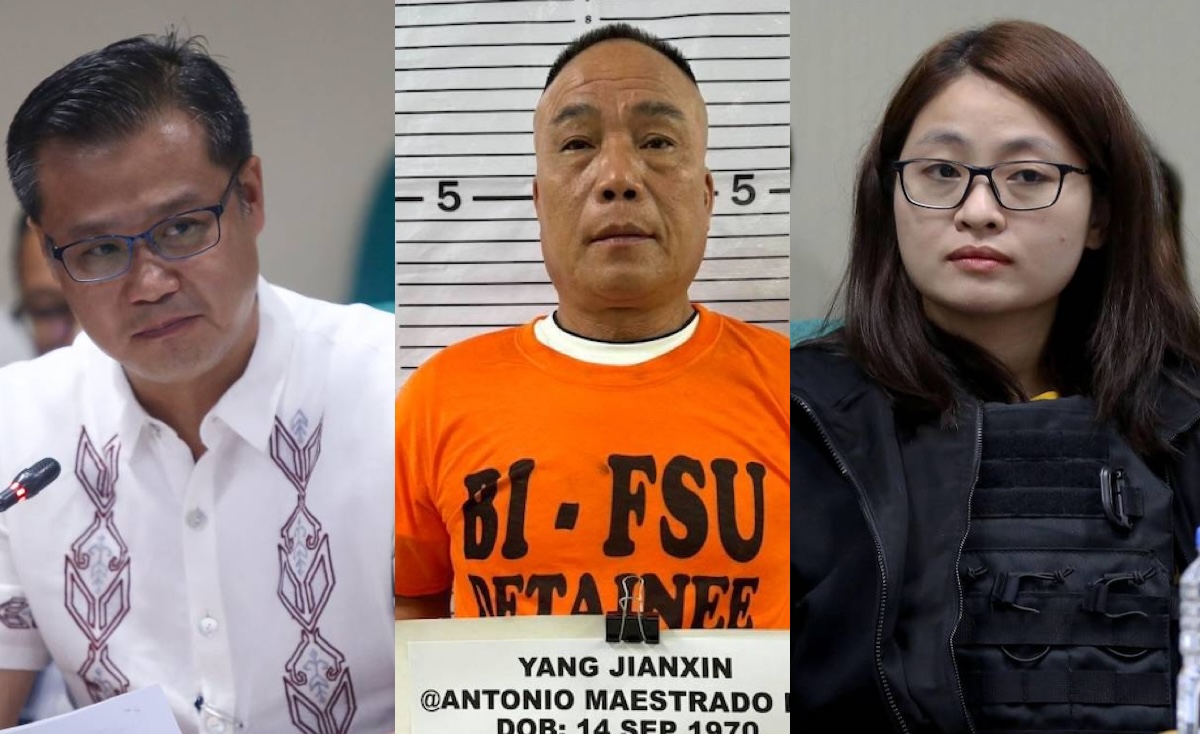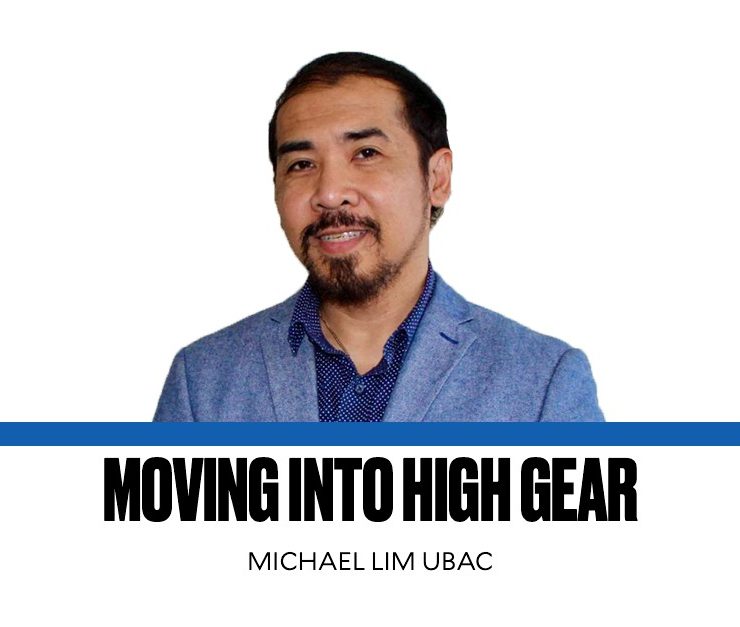‘Remember this kind of September’
September is characterized by warm and cooler nights in the United States, a special time that not only provides a break from the oppressive heat of summer (June to September) but also heralds the much-anticipated foliage during the fall season, which the Northeast is famous for.
On Sept. 20, two days prior to the official start of autumn in the northern hemisphere, the Chicago Tribune ran a brief editorial titled “Try to remember this kind of September.”
The editorial stated that “April may be the poet’s cruelest month but September surely is Chicagoland’s most gorgeous. This year’s edition has been a real corker so far: warm days, slightly cooler evenings and, day after day, nary a cloud in the sky.” One of America’s oldest continuously published newspapers (founded in 1847) was obviously basking in the magic of the dawning of Chicagoland’s perfect season (compared to at least six months of frigid temperatures).
Apart from its surprising length of only 10 sentences, the editorial’s catchy title, “Try to remember this kind of September,” is what stands out. Remembering the events of this particular September is a perfect mental exercise for us all in this season of congressional inquiries that, wonder of all wonders, is going somewhere.
Roman agora
Perhaps our cynicism or apathy toward elective officials has caused us to be highly critical of inquiries-in-aid of legislation. Not a few lawmakers have used this hallowed forum, our version of the Roman agora, to discuss burning issues in aid of reelection, for instance. But our pessimism might have been diminished by the sight of several high-profile Chinese businesspeople linked to transnational syndicates parading before us in the Philippine Senate this month.
Through the inquiry led by the Senate committee on women chaired by Sen. Risa Hontiveros, we have witnessed, through livestream coverage of the hearings on TV and online, the unraveling of a sprawling Chinese syndicate that has taken root in our country under the noses of, and in some instances, in close association with, law enforcement agencies.
Wrong place, right time
The inquiry reached a pivotal moment on Sept. 4, when Alice Guo, aka Guo Hua Ping, who was dismissed by the Ombudsman as the mayor of Bamban, Tarlac, was arrested by Indonesian authorities. In retrospect, we can conclude that Guo and her benefactors chose the wrong place to hide.
Indonesia is a very reliable neighbor and ally of the Philippines, and both have a robust cooperation in transnational crimes and border management. Both countries share the same pre-colonization history and Austronesian ancestry, with the majority of our ancestors of Malay descent originating from the Southeast Asian mainland, which encompassed what later became Indonesia.
Indonesia promptly turned over Guo to the Philippines based on an arrest warrant issued by the Senate, which was not even issued by a local court. It was an act that put to rest earlier news reports that Indonesia was seeking a prisoner swap involving suspected Sinaloa drug cartel member Gregor Haas, an Aussie currently detained in the Philippines.
In mid-August, the Indonesian authorities also arrested Guo’s sister, Sheila, and Cassandra Li Ong in Batam, Indonesia, and deported them to the Philippines without delay.

Dividends for truth, justice
Facing the Senate, Guo clammed up, invoking her right against self-incrimination. But meticulous questioning of Guo by senators, cross-referenced with testimonies and evidence presented by relevant law enforcement agencies, yielded dividends for the cause of truth and justice in this country.
The Senate has established that Guo Hua Ping is in fact Guo Hua Ping, as reflected in her spurious birth certificate she obtained through late registration. And her association with the Philippine offshore gaming operators’ (Pogos) in Bamban seemed unmistakable: she paid for the electric bills of the raided Pogo hub from 2022 to 2024, according to Sen. Sherwin Gatchalian.
The next noteworthy event from this month is the arrest of Yang Jian Xin, aka Tony Yang or Antonio Maestrado Lim, on Sept. 19 for being an undesirable alien.
Facing senators last Tuesday, Yang personally admitted to illegally acquiring his Filipino citizenship. He is the latest major character to fall into government custody in the monthslong congressional investigation into illegal activities linked to Pogos. If you ask Hontiveros, Yang is the real architect of his family’s operations. He is the president of a service provider for a Pogo center that has links to a Pharmally executive, she said.
Hontiveros hit the bull’s eye when she said: “The arrest of Tony Yang, who is wanted in China for financial scamming, will pave the way for establishing his connections to Pogos—just like his brothers Michael and Hongjiang.” (Source)
(More on Pogos’ links to other syndicates in my next column)
For comments: mubac@inquirer.com.ph


















